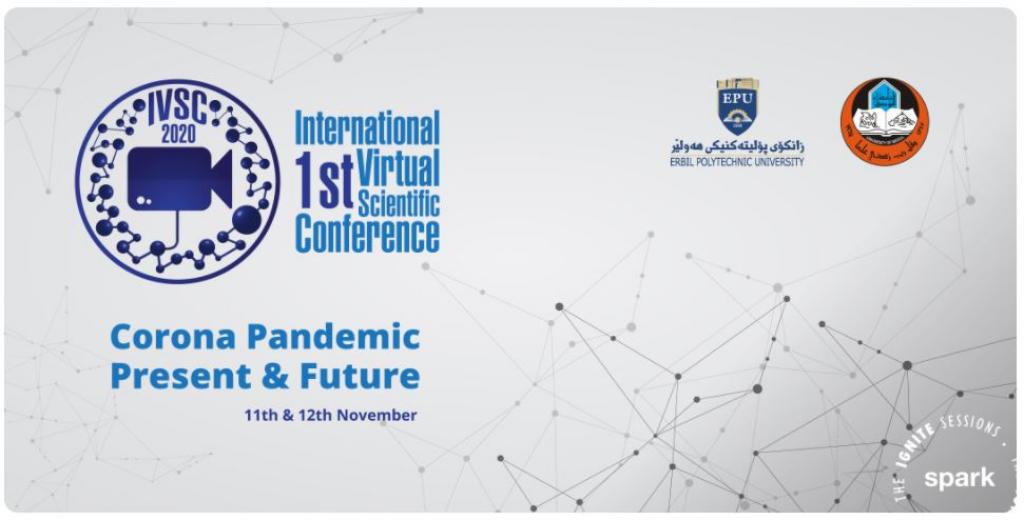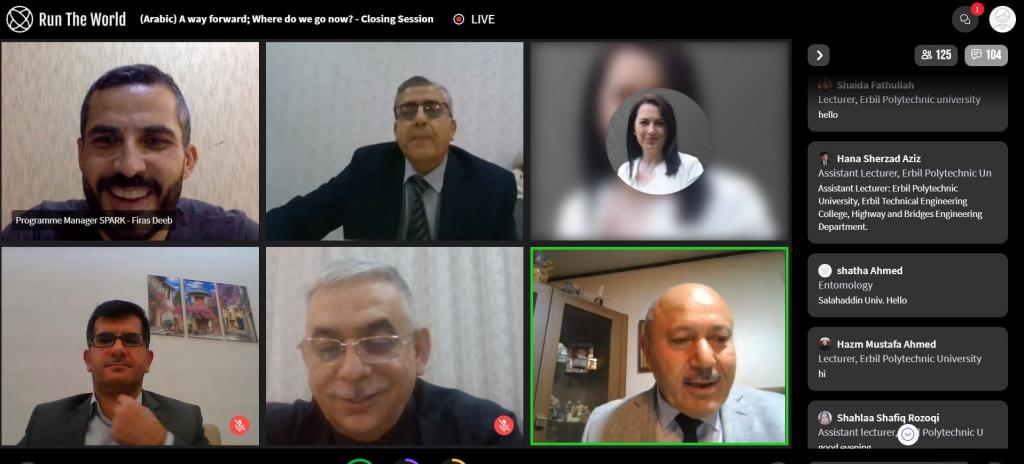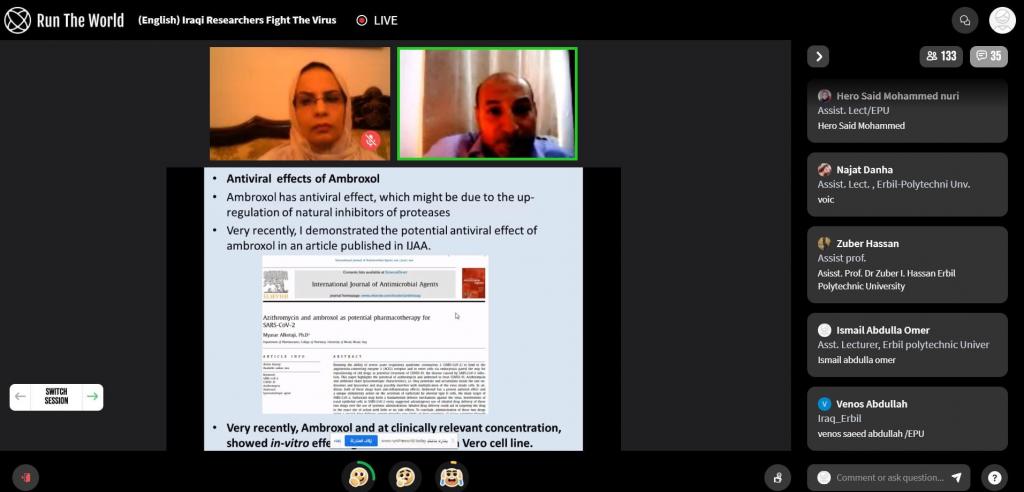20 November، 2020
The College of Medicine Participates in the First Virtual Scientific Conference between Mosul and Erbil Technical Universities

20 November، 2020
The College of Medicine Participates in the First Virtual Scientific Conference between Mosul and Erbil Technical Universities




Al Majmoaa Street
Postal Code : 41002
Mosul – Iraq
All Rights Reserved for University of Mosul - 2026